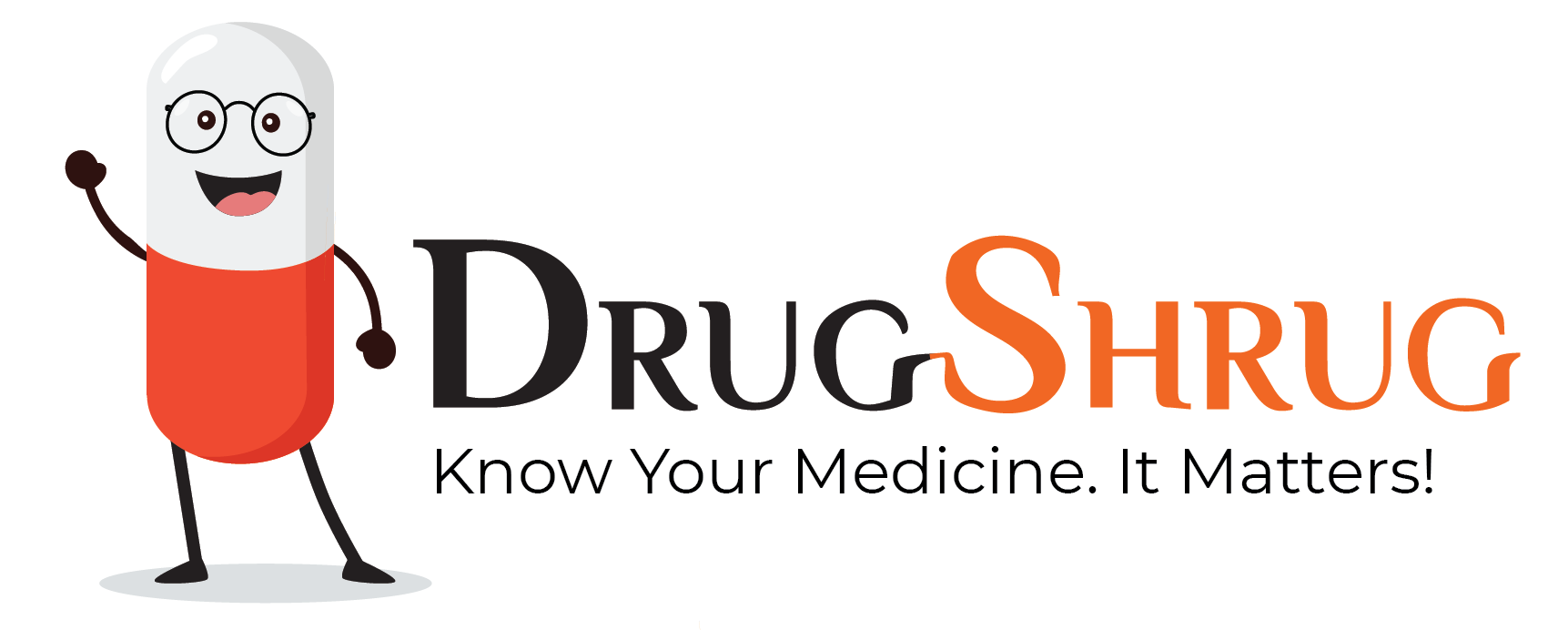What is Calcifediol?
Calcifediol is another name for vitamin D3. Vitamin D is crucial for the assimilation of calcium from the stomach and for the working of calcium in the body.
Calcifediol is prescribed to treat hyperparathyroidism a condition relating to overactivity of parathyroid glands. It is usually seen in people suffering from stage 3 or 4 chronic kidney failure and meek vitamin D levels.
Calcifediol however is not administered to people who are on dialysis.
It may also be utilized for purposes not mentioned in this concise clinical guide.
What are the common conditions in which Calcifediol prescribed?
Calcifediol is generally prescribed to treat the following conditions:
- Osteodystrophy
- Hypocalcaemia
- Hyperthyroidism
- Advance stages of kidney failure
How should I take Calcifediol?
- Follow the directions precisely as cited on the label or prescribed by your clinician.
- Dosages should be administered for recommended period only and in exact amount as suggested by your doctor. The Doctor may frequently alter the doses.
- Ingest calcifediol at bedtime every day.
- Gulp the capsule whole and avoid to crush, munch, break, or open it.
- You may have to undergo regular medical tests.
- Store at room temperature in a cool and dry spot.
Typical Adult Dose for Hypocalcaemia:
- Preliminary dose: 50 mcg orally once in a day or 100 mcg orally on alternate days.
- Maintenance dose: May increase by 20 mcg/dose at 4-week intervals.
Typical Adult Dose for Renal Osteodystrophy:
- Initial dose: 50 mcg orally once a day or 100 mcg orally every other day.
Maintenance dose: May increase by 20 mcg/dose at 4- week intervals.
When you should not take Calcifediol?
Apprise your doctor if you ever faced:
- heart problems; or
- high calcium levels in your blood [hypercalcemia]
It is yet undiscovered if calcifediol will affect an unborn infant. Apprise your doctor if you are pregnant or plan to become pregnant.
However, having acute kidney disorders during pregnancy may incite complications such as miscarriage, premature birth, low birth weight, stillbirth, or eclampsia (fatally high levels of blood pressure that can cause to health problems in both mother and baby).
The benefit of curing kidney disease may offset any dangers to the infant.
While you are breastfeeding, if you observe signs such as vomiting, constipation, seizures, and weight loss in the suckling baby, talk to your doctor.
Adhere closely to the guidelines of your medic and the instructions on the prescription label. Disclose your medical conditions, allergies, and medicines you take.
What are the possible side effects of Calcifediol?
If you experience the signs of allergic response such as hives; wheezing, difficult breathing; swelling of your face, lips, tongue, or throat get immediate medical assistance.
Inform your doctor immediately if you get:
- shortness of breath, inflammation, rapid weight gain;
- high calcium levels: misperception, fatigue, nausea, vomiting, appetite loss, constipation, excessive thirst or micturition, weight loss; or
- low RBC count (anaemia): pale skin, unusual fatigue, dizziness, or short breath, cold hands and feet.
Usual side effects may consist of:
- constipation; or
- runny or stuffy nose, sneezing, sore throat.
However, these all are not the only possible side- effects, as it may show in other symptoms as well. Ask your doctor for clinical guidance about its side effects.
What to do if I miss the dose
- Always try to be punctual in taking your medicine. Although if you miss the dose for any reasons just skip it if it is almost time for your subsequent dose.
- Refrain from taking two doses at a time.
Common Drug Interaction with Calcifediol.
Often it is not safe to take certain drugs simultaneously. Some medicines may drop the efficacy of other drugs you use or may even impact their blood absorption levels.
Express to your medic about all your other medicines, specifically:
- cholestyramine;
- digoxin, digitalis;
- phenobarbital or other seizure medications;
- an antibiotic or antifungal medicine;
- antiviral drugs to heal hepatitis C or HIV/AIDS;
- a diuretic or “water pill”;
- heart suppository; or
- medications or other supplements comprising calcium or vitamin D.
This however, is not an exhaustive list of the drugs that may influence Calcifediol. Inform your medics about all medicines you take, together with prescription and over-the-counter drugs, vitamins, and herbal supplements.
Discuss with your doctor before using any non- prescriptive vitamin or mineral supplements as many of them might contain calcium or vitamin D.
Many non-prescription dietary supplements contain calcium or vitamin D. Taking certain products at the same time can cause excess of these contents in your body.
Bottom Line
Calcifediol is used to treat hyperthyroidism, kidney ailments and hypocalcaemia. Take the medicine under the guidance of your doctor and follow the directions closely.
Any ignorance for a person related to its usage or side effects may pose adverse consequences.


